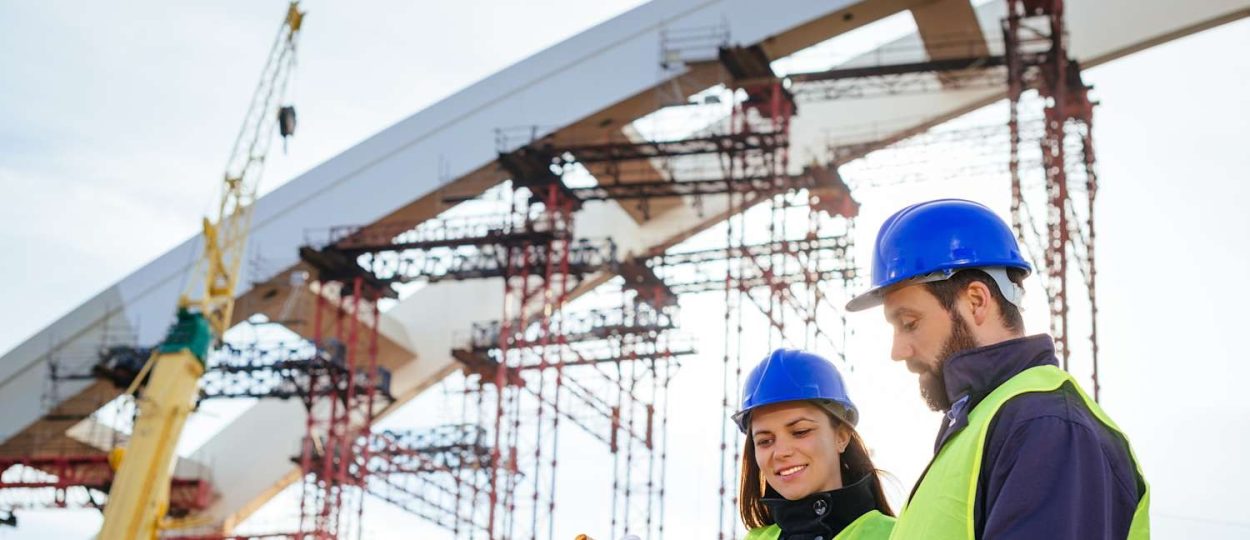
The Future of Construction Education Colorado Programs
Introduction
The construction industry in Colorado is evolving rapidly, driven by advances in technology, a growing population, and the increasing demand for sustainable infrastructure. To keep pace with these changes, education and training programs must adapt. construction education colorado is already playing a vital role in preparing today’s workforce, but the future promises even greater opportunities for innovation, inclusivity, and workforce development. By examining trends, challenges, and solutions, it becomes clear how these programs will continue shaping the next generation of construction professionals.
Embracing Technological Advancements
Integrating Digital Tools
As digital technology becomes central to modern construction, programs must continue to expand training in Building Information Modeling (BIM), drones, robotics, and project management software. Construction education Colorado will ensure that students and professionals gain the technical skills to thrive in increasingly tech-driven workplaces.
Preparing for Automation
Automation is reshaping construction practices, from machine-assisted excavation to 3D printing of building components. By incorporating these innovations into curricula, construction education Colorado prepares workers to adapt to changes rather than be displaced by them.
Expanding Sustainable Practices
Green Building Training
Sustainability is no longer optional—it’s essential. The future of construction education Colorado will emphasize energy-efficient building, renewable materials, and eco-friendly construction practices. This training ensures workers can meet the growing demand for green projects.
Supporting Environmental Regulations
With stricter codes and environmental standards being implemented, construction education Colorado programs will prepare professionals to navigate regulations while delivering environmentally responsible projects.
Creating Flexible Learning Models
Online and Hybrid Training
Flexibility is critical for modern learners. Future construction education Colorado programs will expand online and hybrid options, making training accessible to students in rural areas, working adults, and career changers.
On-Demand Learning
Micro-credentials and modular courses will allow learners to gain specific skills quickly. This approach makes it easier for professionals to stay current without committing to lengthy degree programs.
Enhancing Workforce Diversity
Opportunities for Underrepresented Groups
The future of construction education Colorado will focus on increasing participation from women, minorities, and veterans. Outreach programs and scholarships will help break down barriers and build a more inclusive workforce.
Encouraging Youth Participation
Introducing construction careers at the high school level will spark interest in younger generations. Construction education Colorado programs will expand partnerships with schools to create clear career pathways for students.
Strengthening Industry Partnerships
Employer Collaboration
Close collaboration between educational institutions and contractors will ensure that construction education Colorado programs remain aligned with real-world needs. Employers will have a stronger voice in shaping curricula and providing hands-on training.
Apprenticeship Growth
Apprenticeship programs will expand, providing more opportunities for students to earn while they learn. This approach helps reduce workforce shortages while creating job-ready graduates.
Supporting Career Advancement
Leadership Development
The future of construction education Colorado will emphasize not only technical training but also leadership development. Courses in project management, communication, and supervision will prepare workers to move into higher-level roles.
Lifelong Learning Culture
As construction evolves, continuing education will become more important than ever. Construction education Colorado programs will encourage lifelong learning, ensuring professionals stay relevant and adaptable throughout their careers.
Meeting Statewide Workforce Demands
Addressing the Skills Gap
The skills gap remains one of the biggest challenges in Colorado’s construction industry. By expanding training opportunities and aligning programs with employer needs, construction education Colorado will play a key role in reducing this gap.
Fueling Economic Growth
Well-trained construction professionals will directly contribute to Colorado’s economy by keeping projects on schedule, ensuring safety, and delivering high-quality work. A stronger workforce will attract new business and infrastructure investments to the state.
Conclusion
The future of construction education Colorado programs is bright, with innovation, inclusivity, and adaptability at its core. By embracing technology, promoting sustainability, and expanding flexible learning models, these programs will continue to provide clear pathways for individuals to succeed in construction careers. Industry partnerships and leadership development will further enhance the workforce, while efforts to increase diversity will bring new perspectives to the field. Ultimately, construction education Colorado will remain essential to building not just structures, but also strong careers and a thriving future for Colorado’s economy.